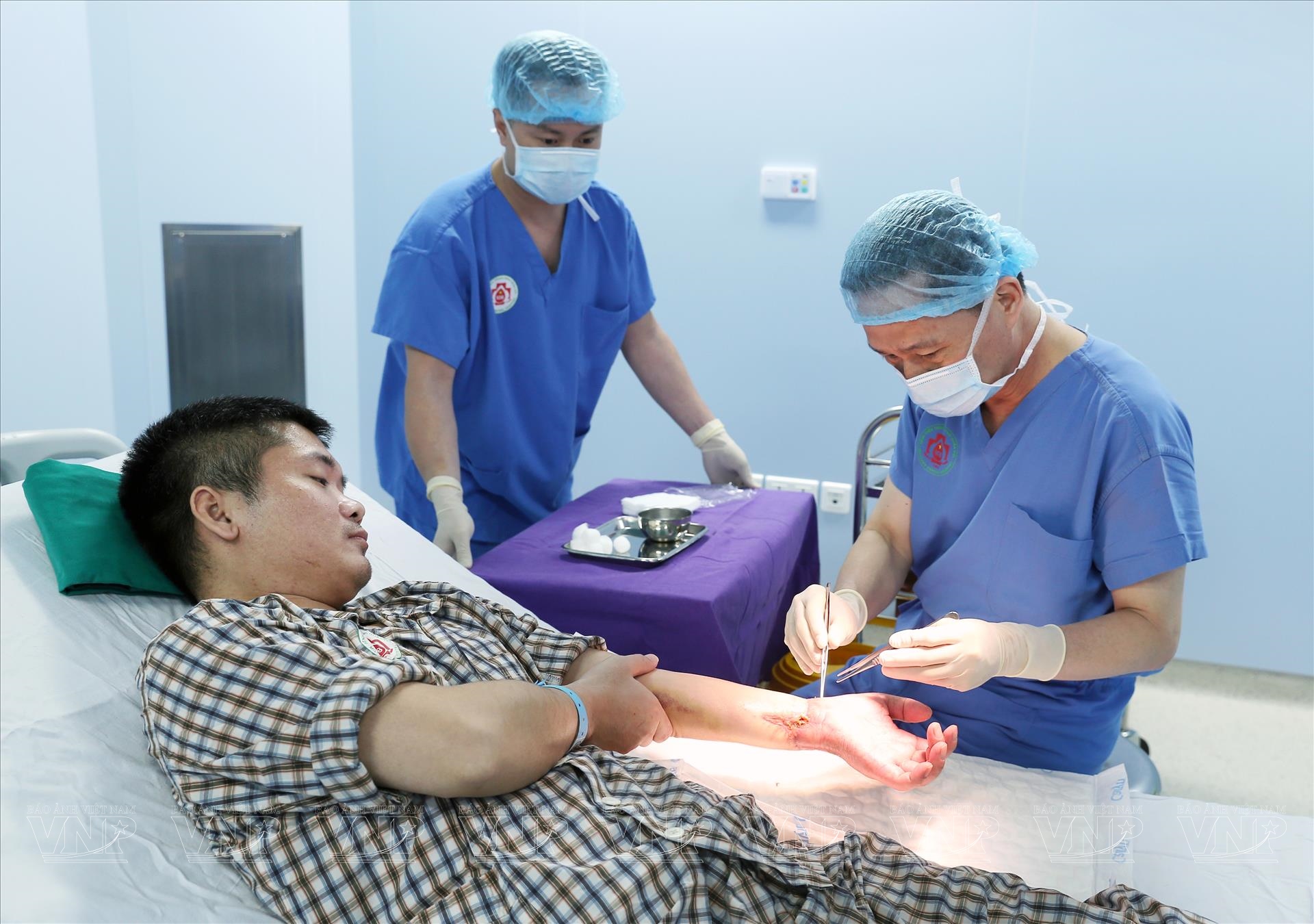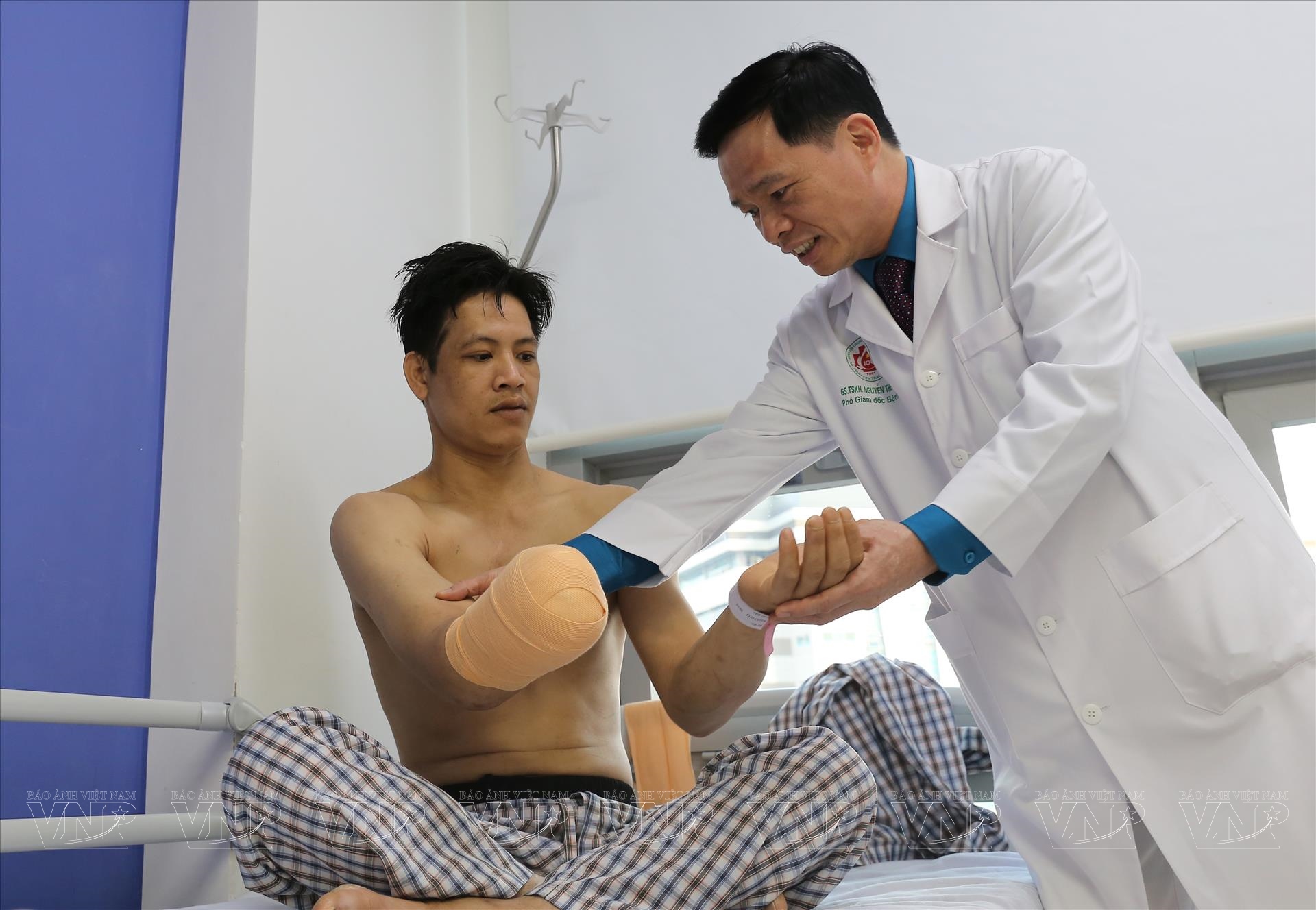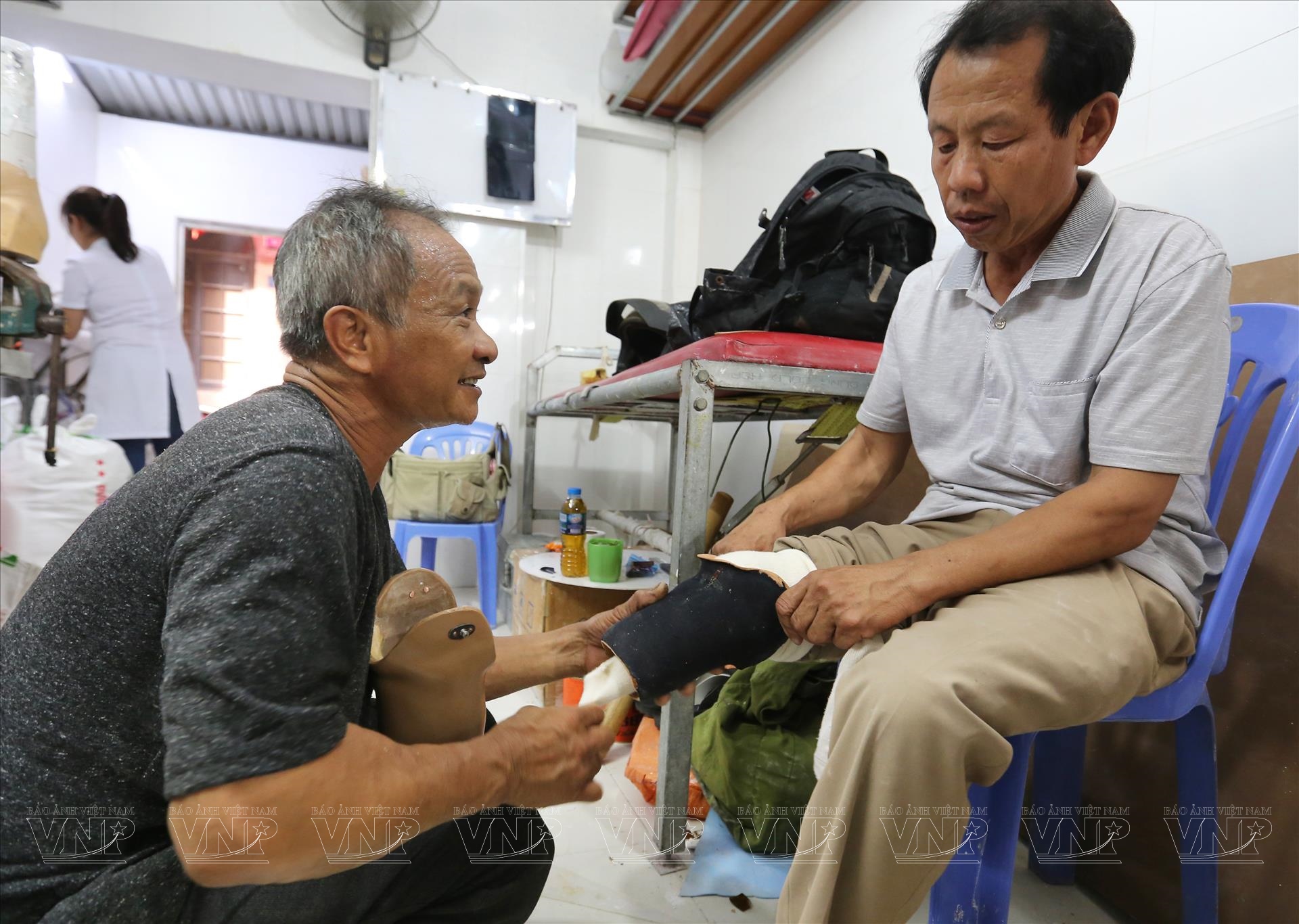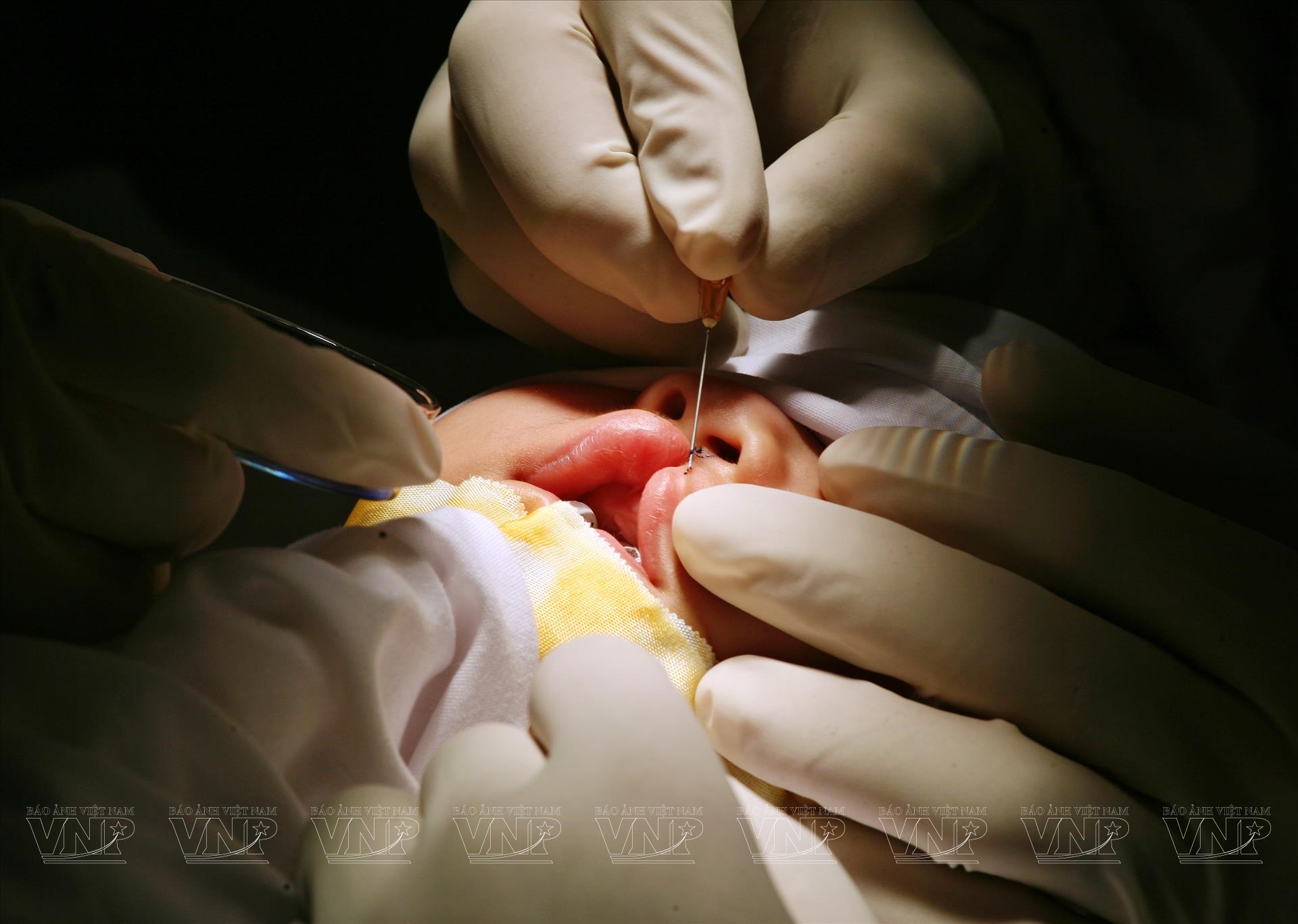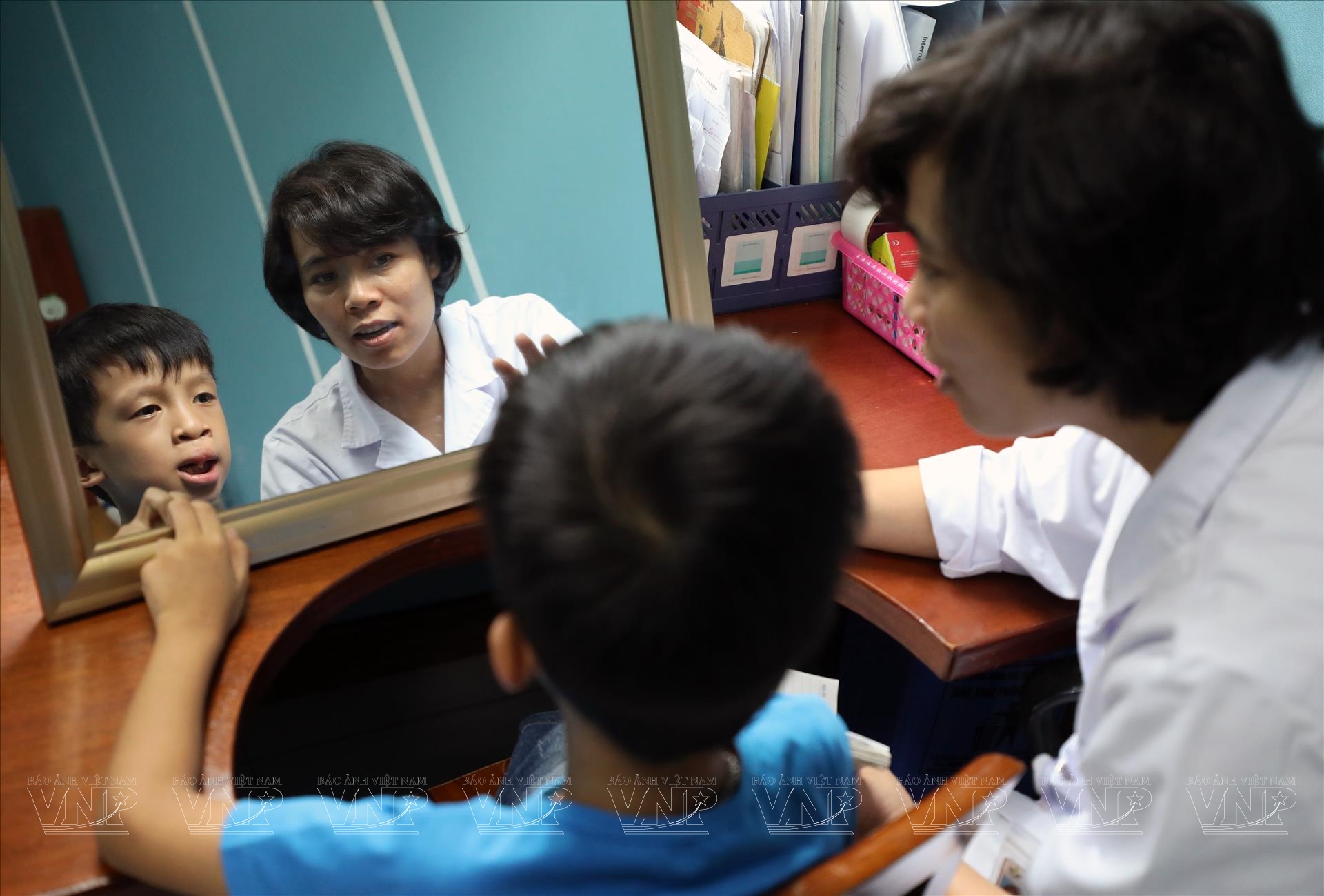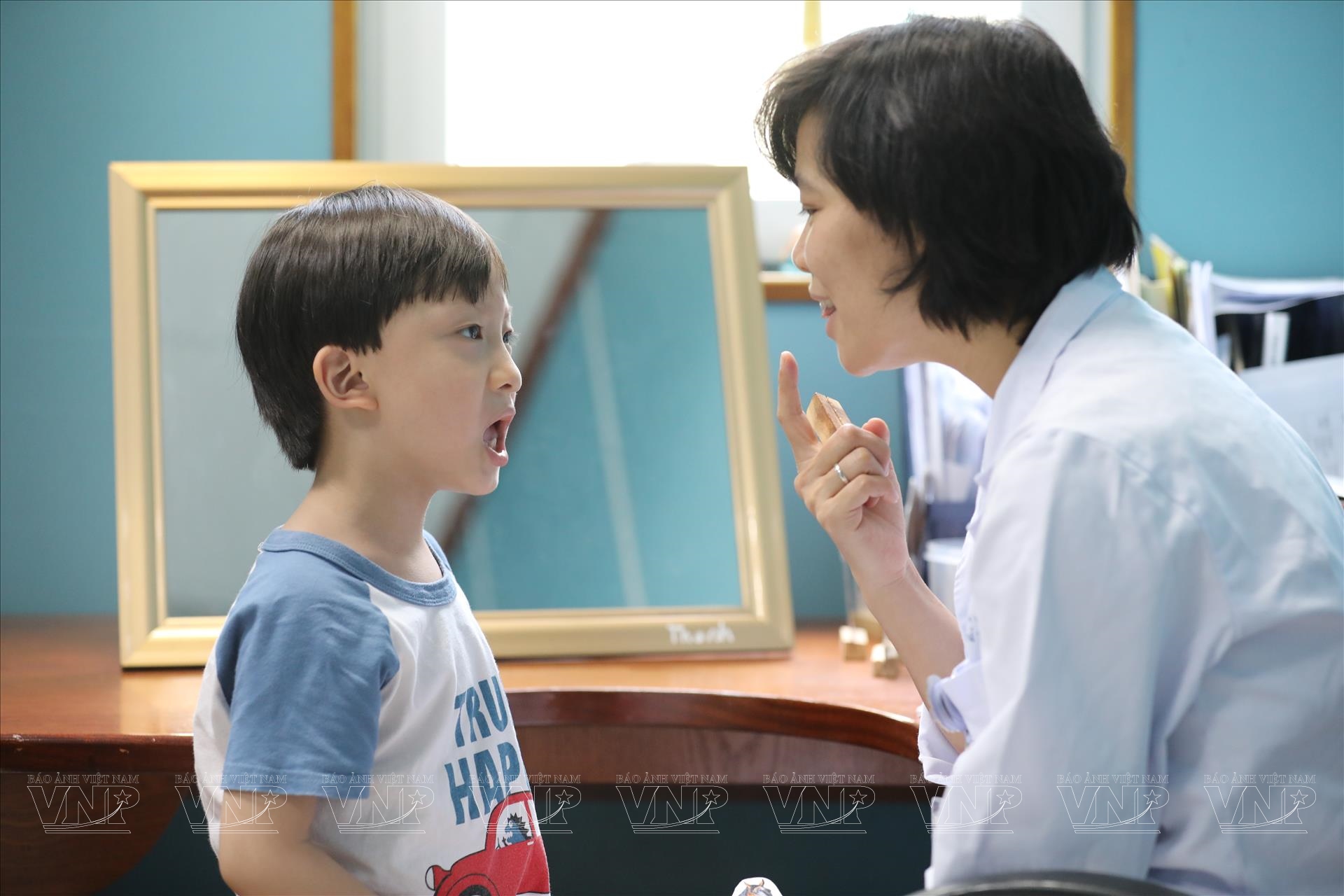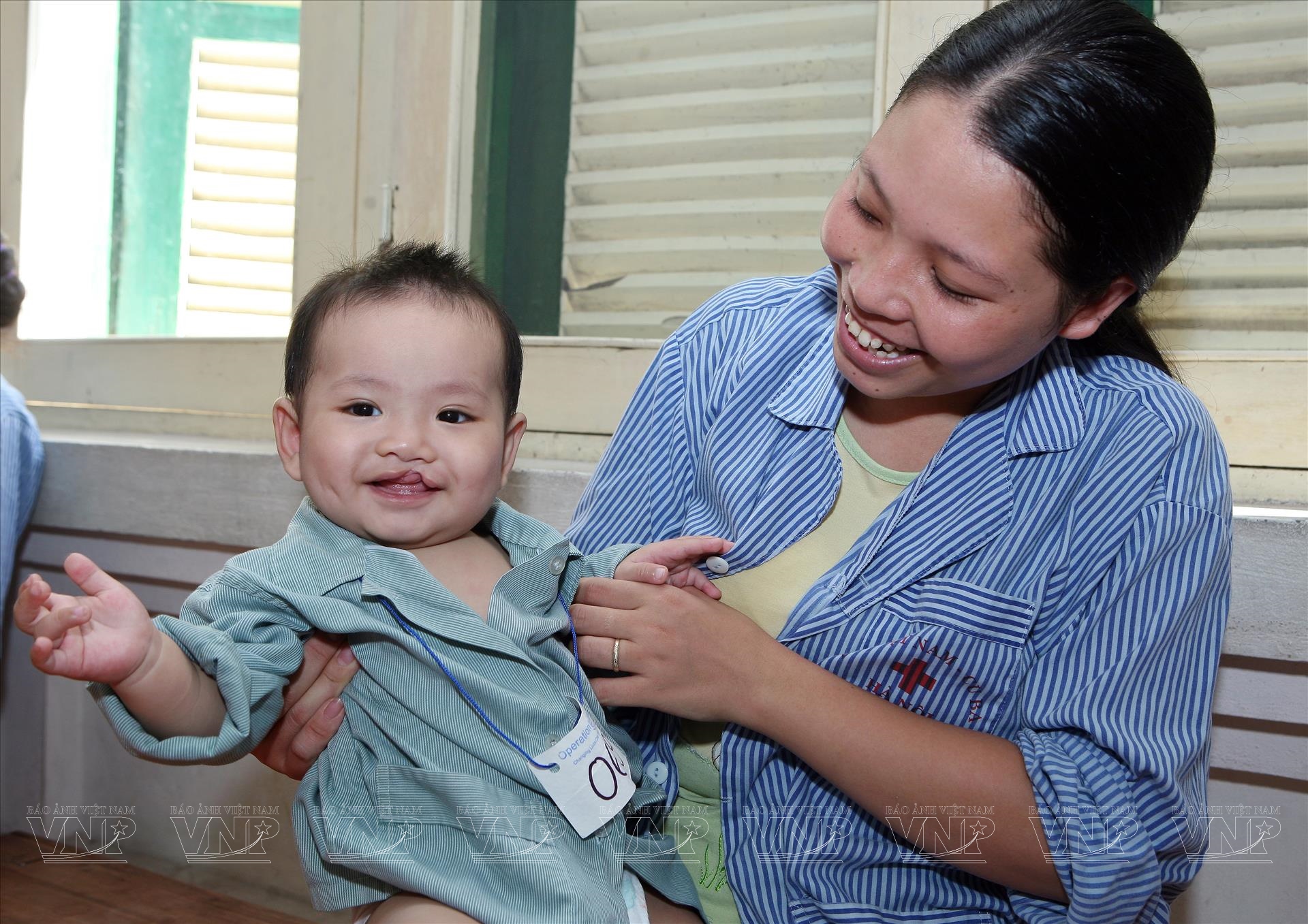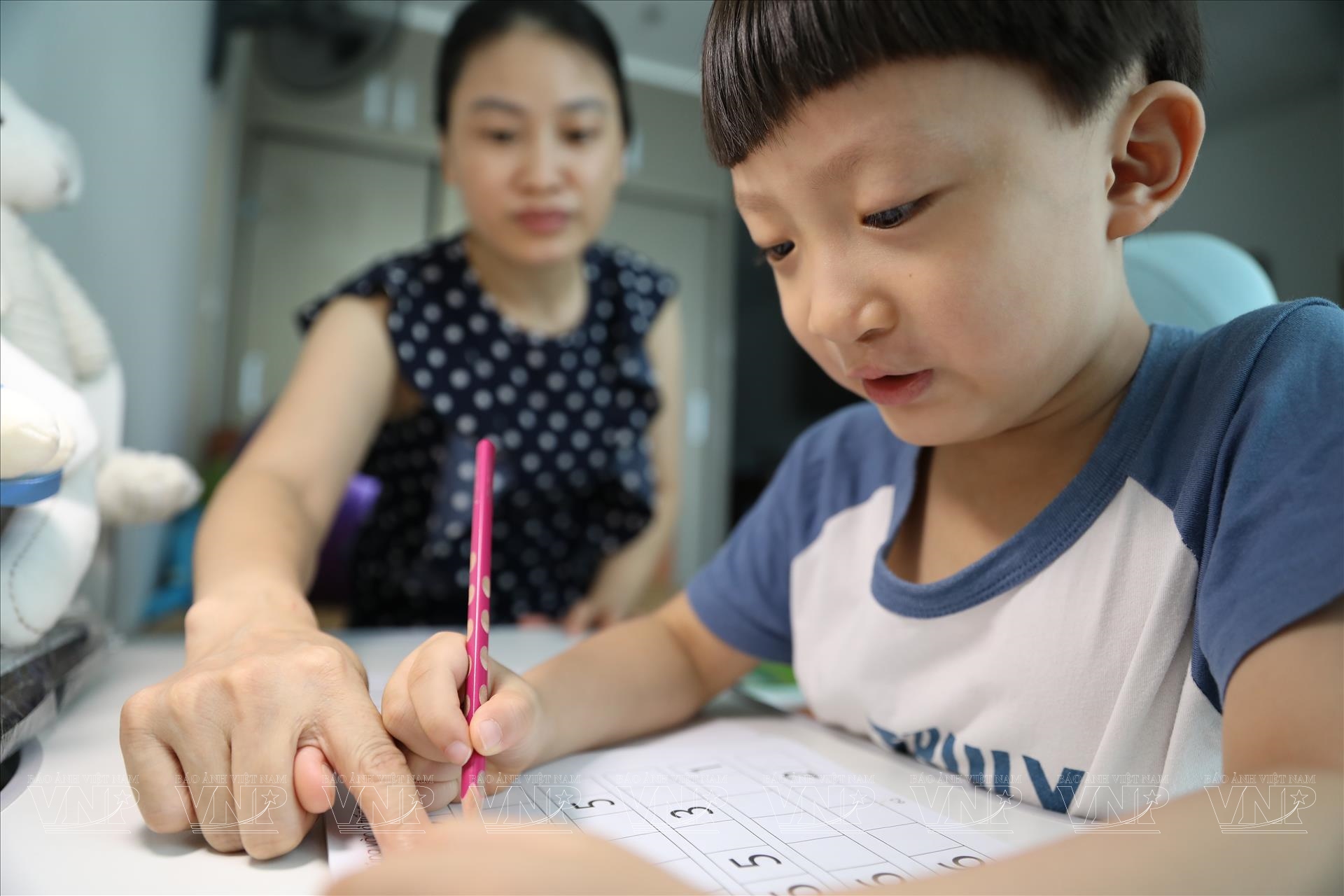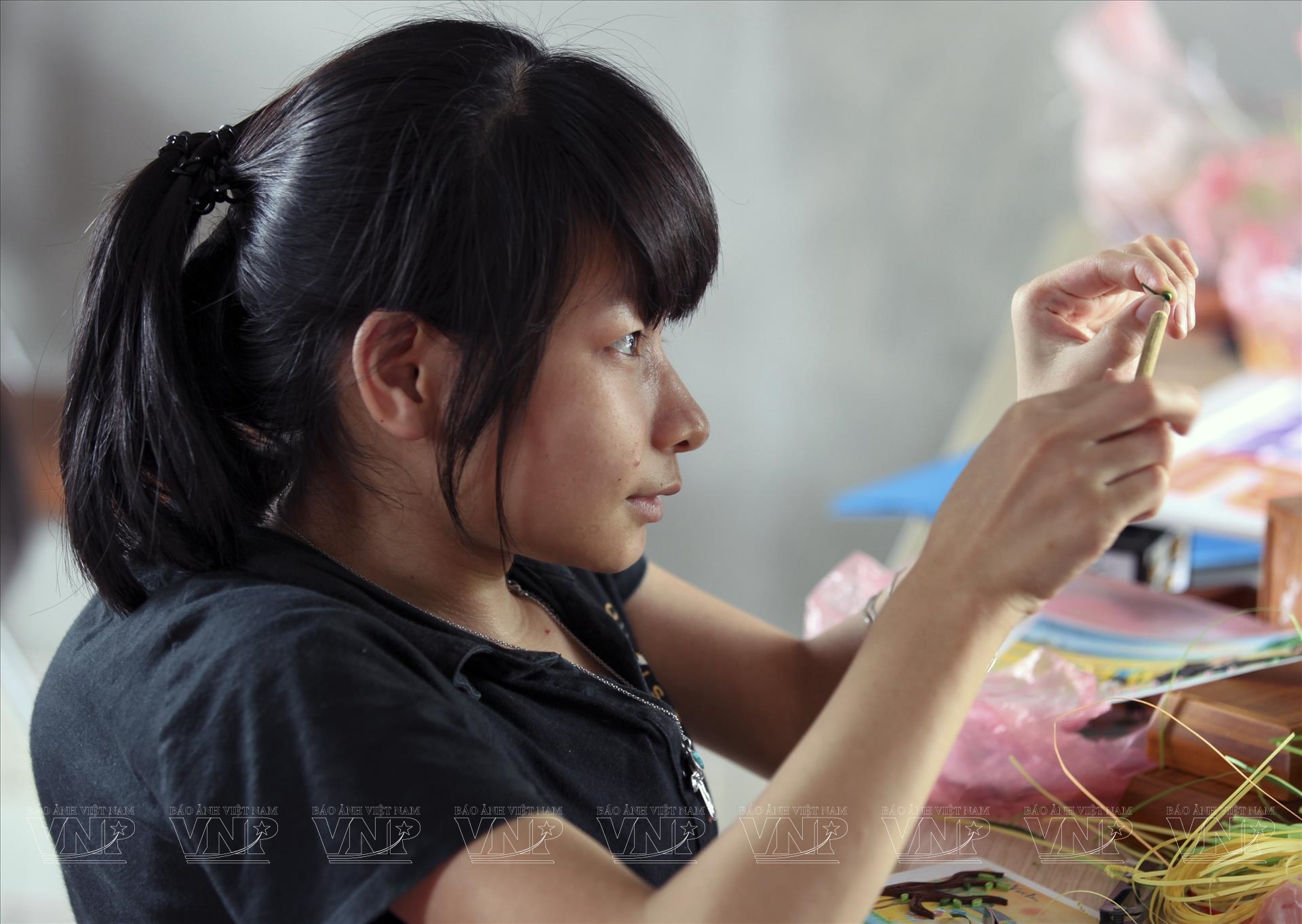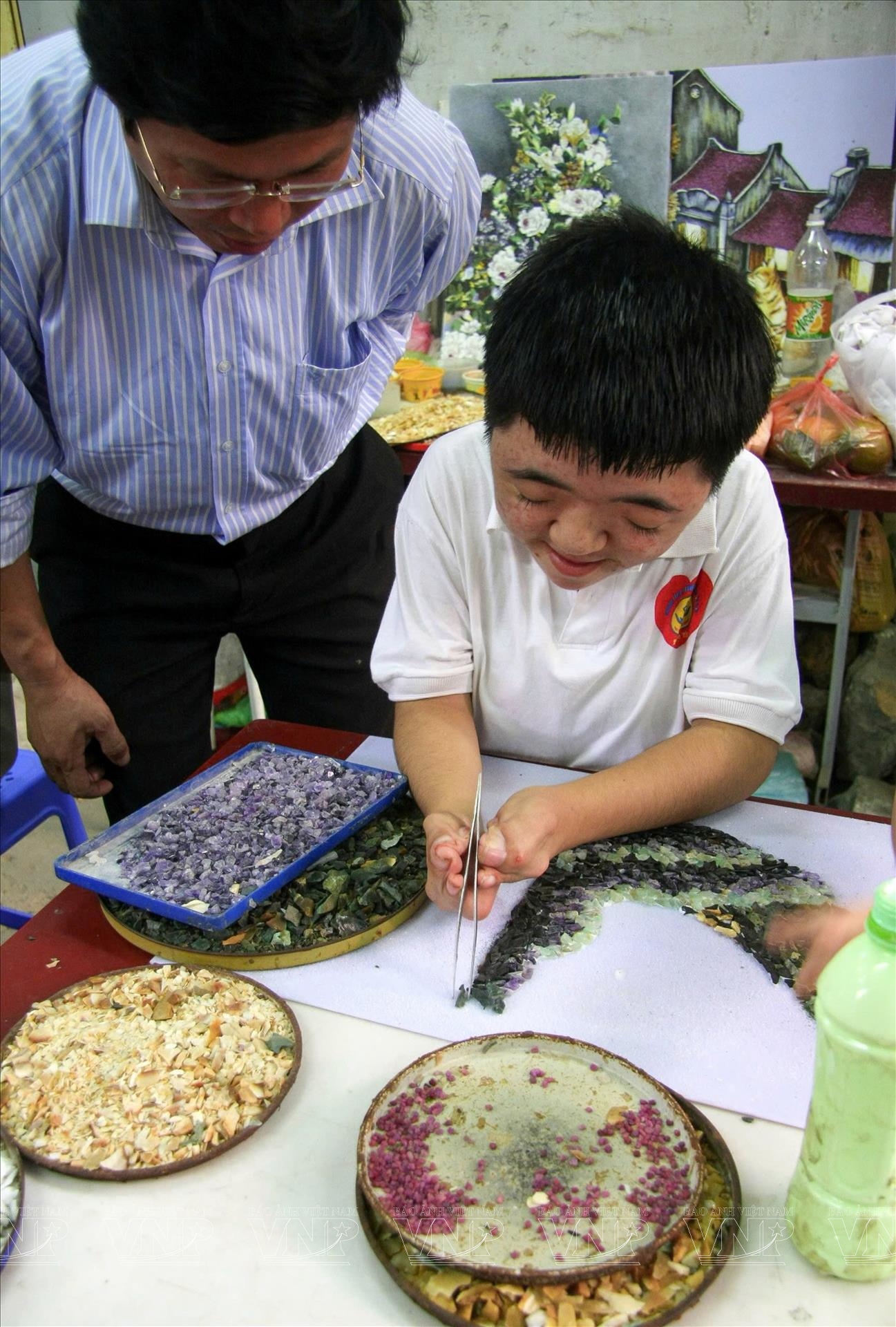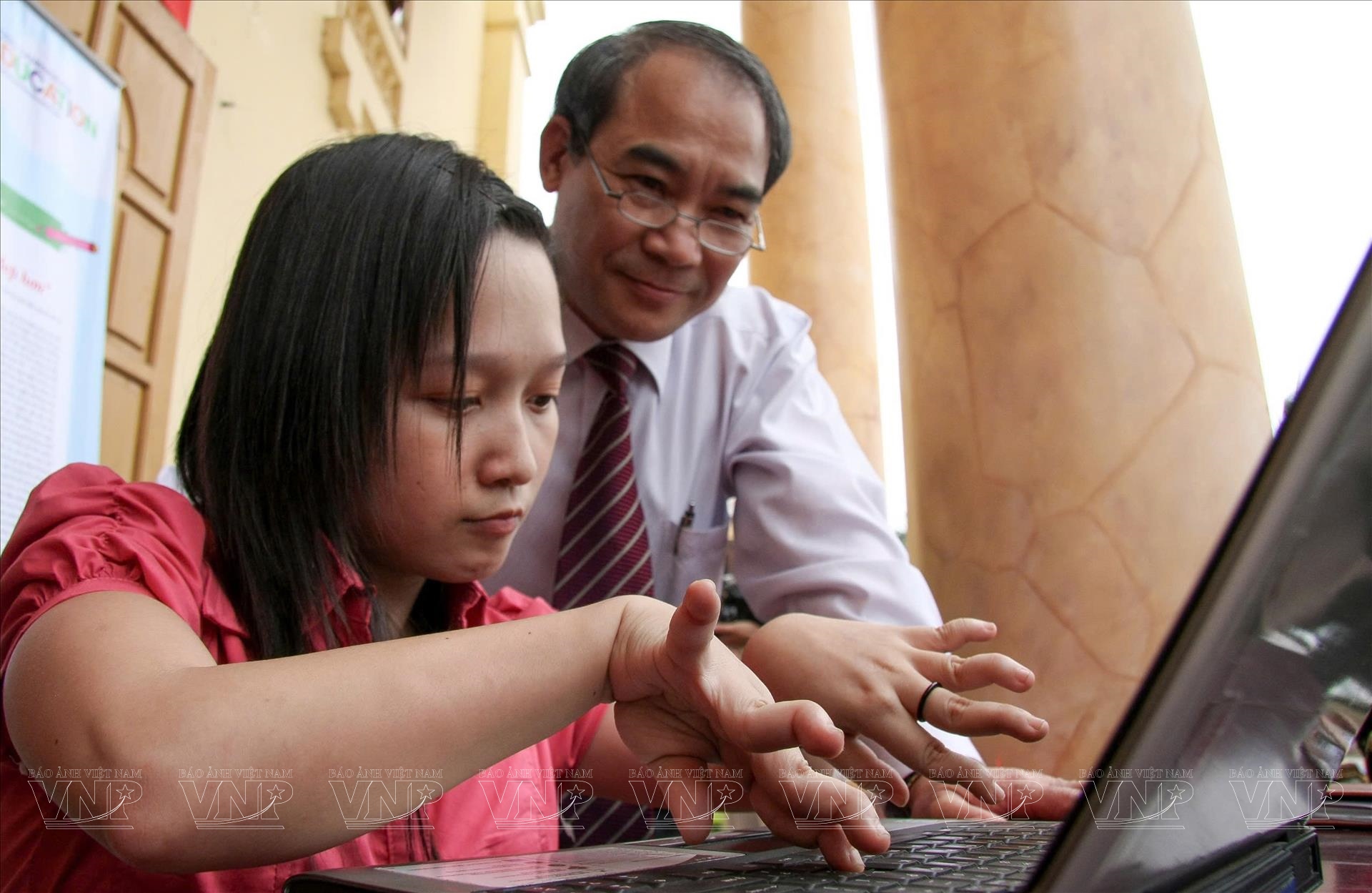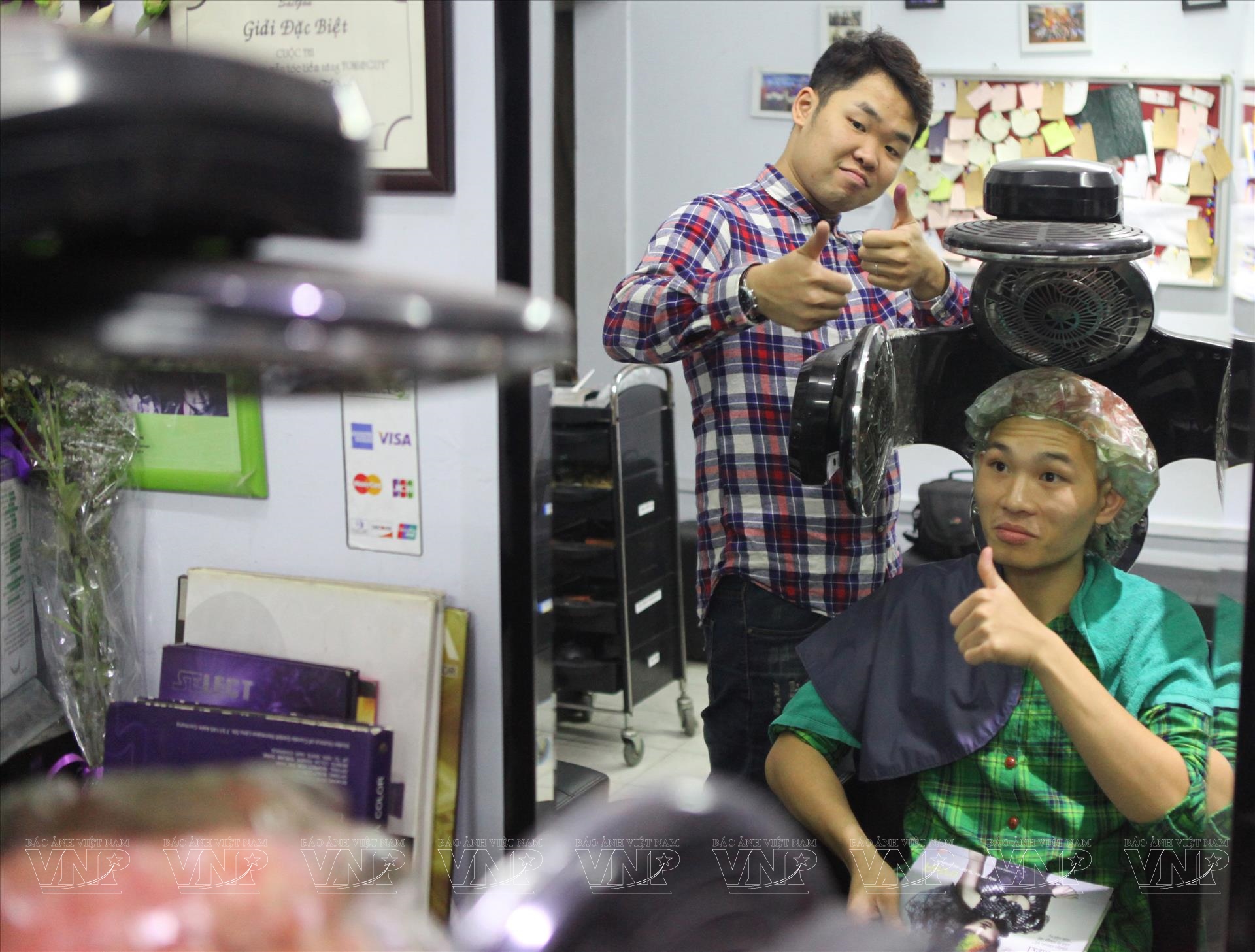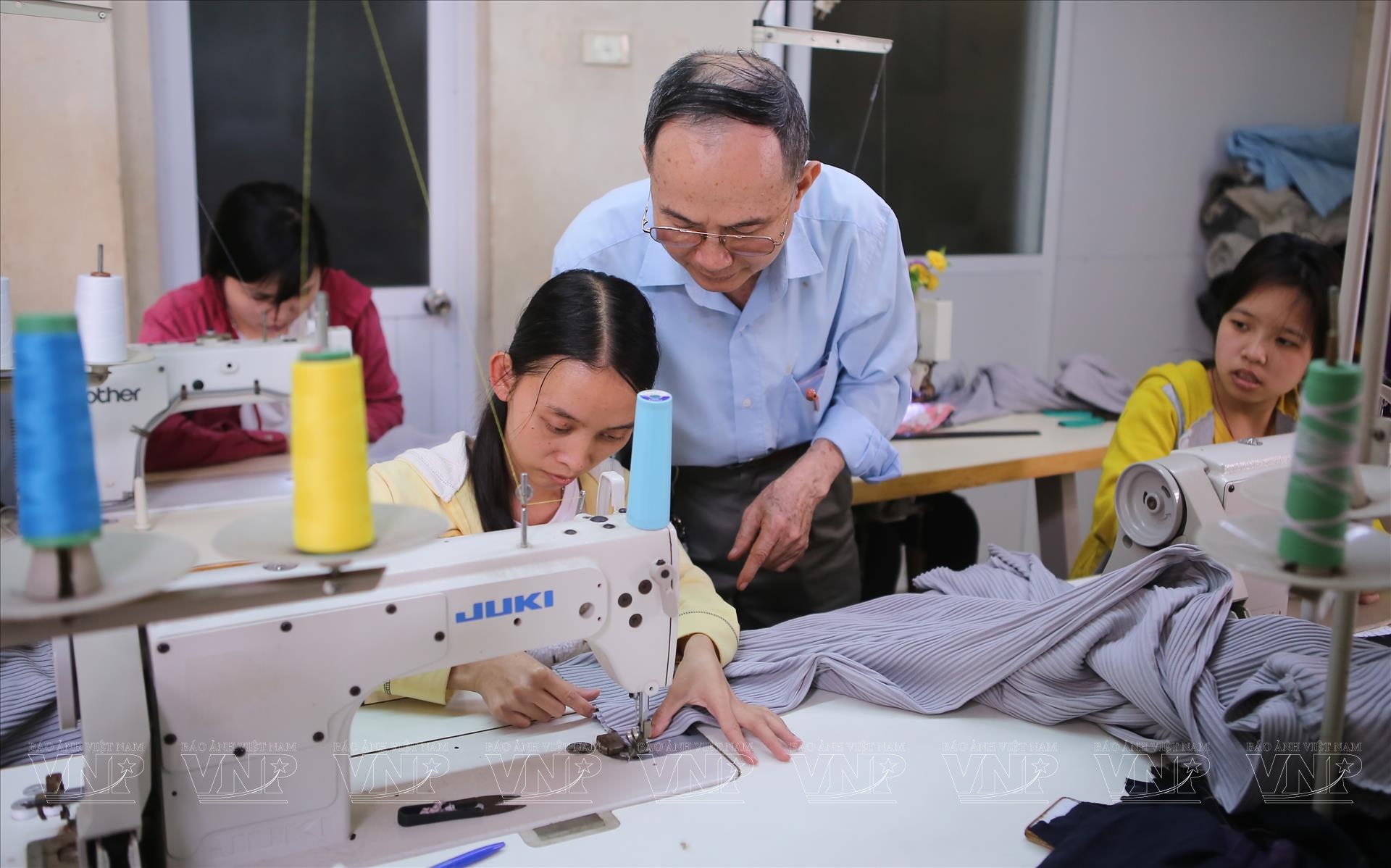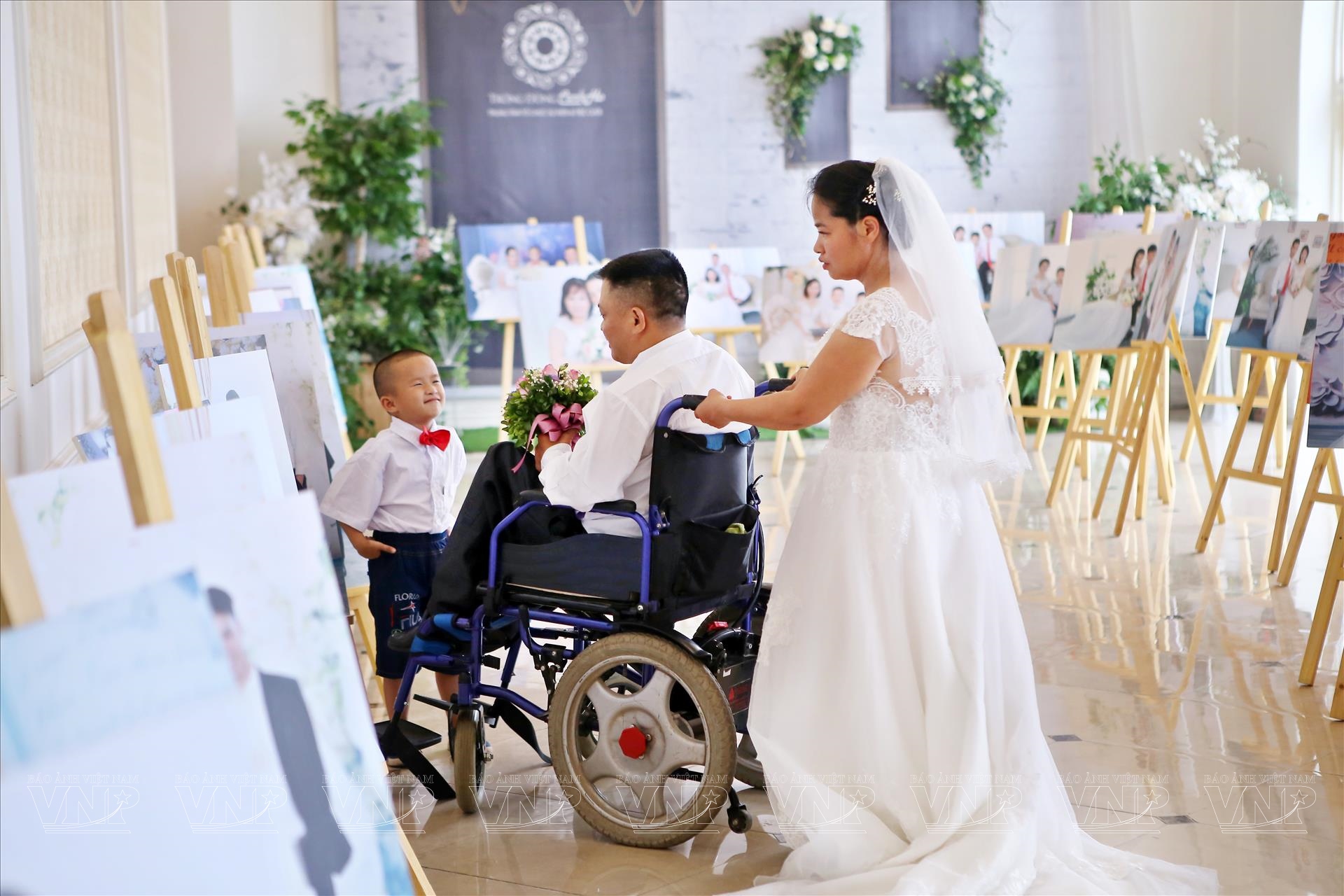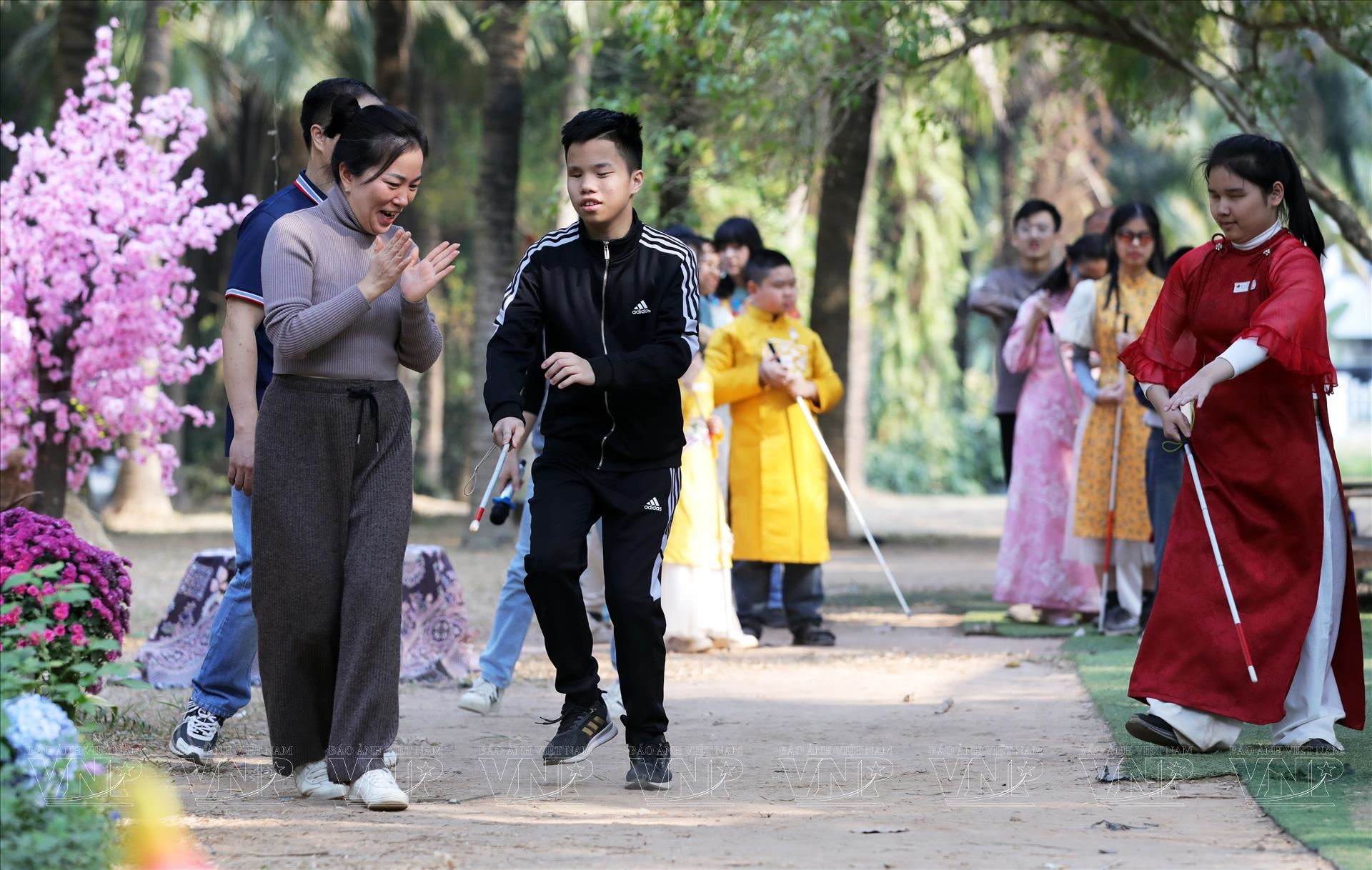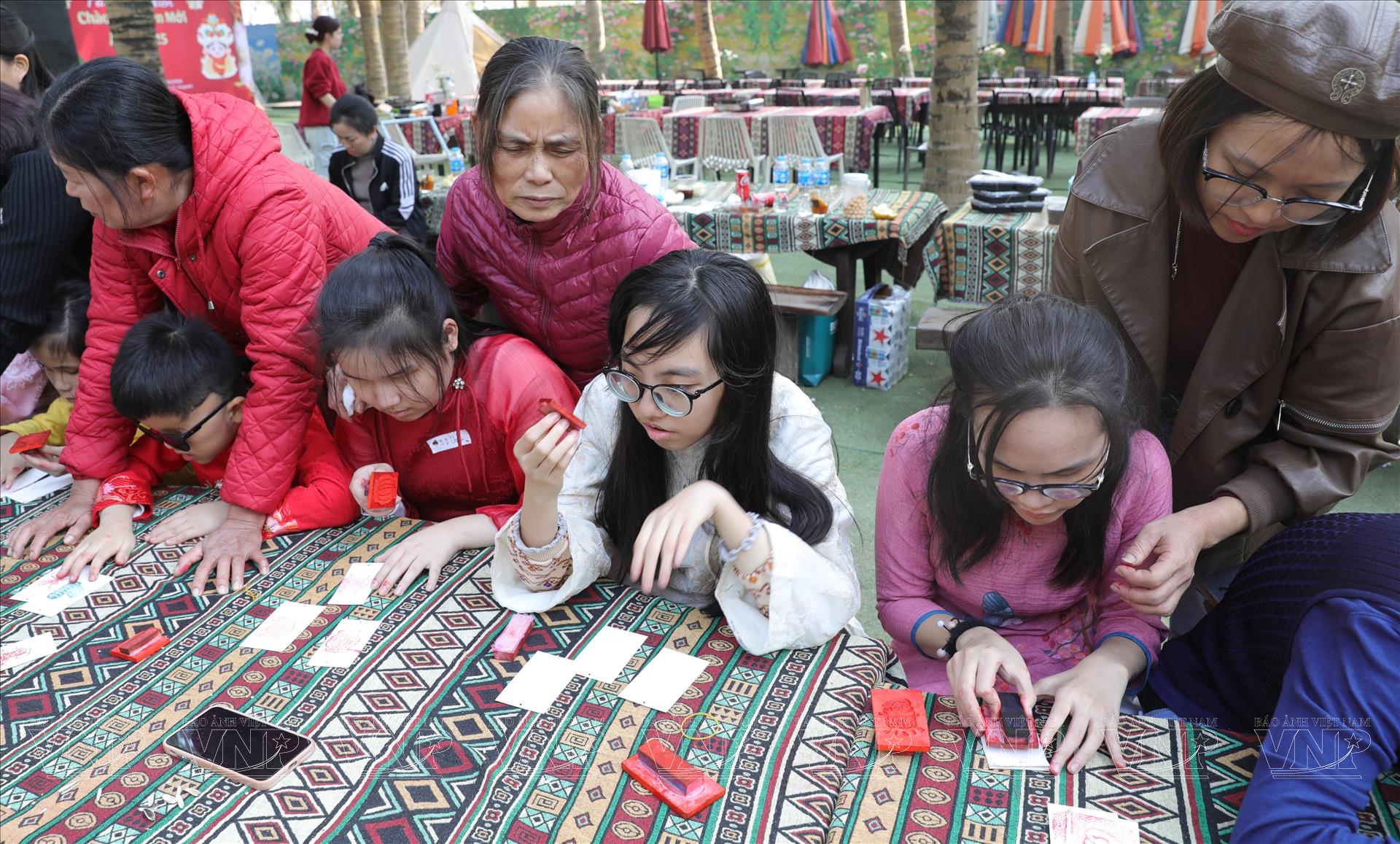Leaving No One with Disabilities Behind
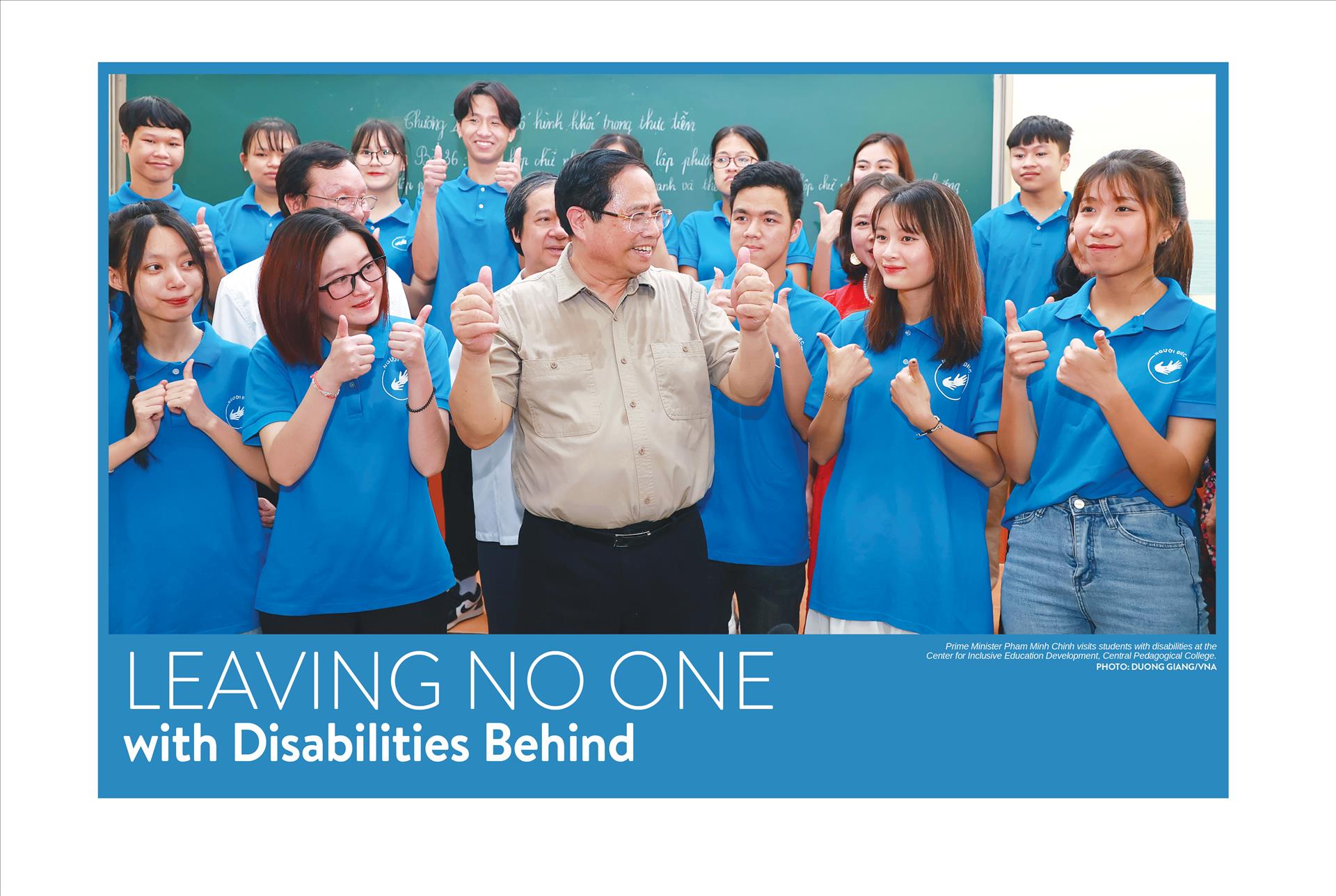
In Vietnam, the community of people with disabilities is recognized as a vulnerable group, making up more than 7% of the population, equivalent to over seven million people. They face significant challenges in their daily lives, education, and employment. As a result, ensuring the care, rehabilitation, and improvement of health for people with disabilities remains a top priority not only for the Party and the State but also for society as a whole.
According to a recent survey by the General Statistics Office of Vietnam, people with disabilities receive more support from government healthcare assistance programs and policies compared to those without disabilities. Specifically, in 2023, the percentage of people with disabilities covered by free health insurance for medical examinations and treatment was 95.7%, higher than the 92.5% for people without disabilities.
Recently, the Government approved an assistance program for people with disabilities for the 2021-2030 period. This comprehensive initiative includes early disability intervention, rehabilitation, orthopedic surgeries, and the provision of assistive devices, aiming to help these people lead more independent and fulfilling lives.
At the National Children's Hospital, programs for medical examinations and treatment for children have been regularly organized over the years. These programs include cleft palate surgery, congenital ptosis correction, cardiovascular disease screenings, and other specialized treatments.
At the 108 Central Military Hospital, programs such as artificial knee replacement and limb transplantation have been implemented. To date, the hospital has performed free artificial knee replacement surgeries for over 1,000 patients, significantly improving their quality of life. Some individuals with complex conditions, such as ankylosing spondylitis which had left them unable to walk for decades, have had their lives transformed thanks to these surgical programs.
Currently, humanitarian programs are being implemented across Vietnam, from central hospitals to local healthcare facilities. Various agencies, organizations, associations, individuals, and businesses are working together to support people, helping to reduce disability rates and gradually improve their overall quality of life.
A remarkable example is the “Operation Healthy Heart” program, which has been running for 15 years. Jointly organized by the Viettel Group and the Vietnamese Heart Foundation - Vietnam Television, the program has conducted 98 screening events for nearly 160,000 children.
It has also raised over 210 billion dong (roughly 8.4 million US dollars) to support medical interventions and surgeries, successfully treating congenital heart disease in nearly 7,000 pediatric patients.
In addition to providing medical care, Vietnam has developed various models for producing assistive devices to support rehabilitation. One of the most remarkable examples is the prosthetic limb facility founded by Dr. Le Thanh Do. In 2004, he established a center in Hanoi specializing in consulting and providing orthopedic devices. To date, he has produced and distributed thousands of prosthetic limbs free of charge, enabling countless individuals to regain mobility and enhance their quality of life.
During a visit to children with disabilities at the Hanoi Center for Nurturing Disabled Children, Prime Minister Pham Minh Chinh reaffirmed that the Party and the State have always prioritized the protection and care of children, ensuring they grow up in a safe and healthy environment with the best possible conditions for their comprehensive development.
He also emphasized the government's commitment to improving legal frameworks, mechanisms, and policies related to child protection and care, ensuring their effective and comprehensive implementation at all levels. Additionally, efforts will be made to mobilize resources and invest in infrastructure, education, and curricula to support children, particularly for children with disabilities, so they can receive proper care, education, and opportunities to overcome challenges and reach their full potential.

In addition to healthcare efforts, Vietnam has implemented numerous practical policies while also calling for international cooperation, as well as support from businesses and social organizations, to create job opportunities for people with disabilities, encourage them, and to empower entrepreneurs with disabilities.
Providing stable employment opportunities that match the abilities of these people is one of the key solutions to helping them integrate into society and lead independent lives.
“Work is a magical remedy that helps people integrate into the community". This sentiment is shared by Le Viet Cuong, founder of the social enterprise Vun Art. Under his leadership, the company has become a model for creating sustainable livelihoods for people in Vietnam.
Currently, Vun Art provides vocational training and salaries for 40 full-time workers, all of whom receive full social insurance coverage. The enterprise produces a variety of products, including paintings, fabric bags, and souvenir gifts. For the people working there, Vun Art is more than just a workplace, it is a home where they can rebuild their lives.
Nguyen Thuy Chi, Deputy Director of the social enterprise, Cham Vao Xanh, founded a handicraft workshop employing around 30 people. Despite being born with cerebral palsy, she overcame her challenges to pursue an education and entrepreneurship.
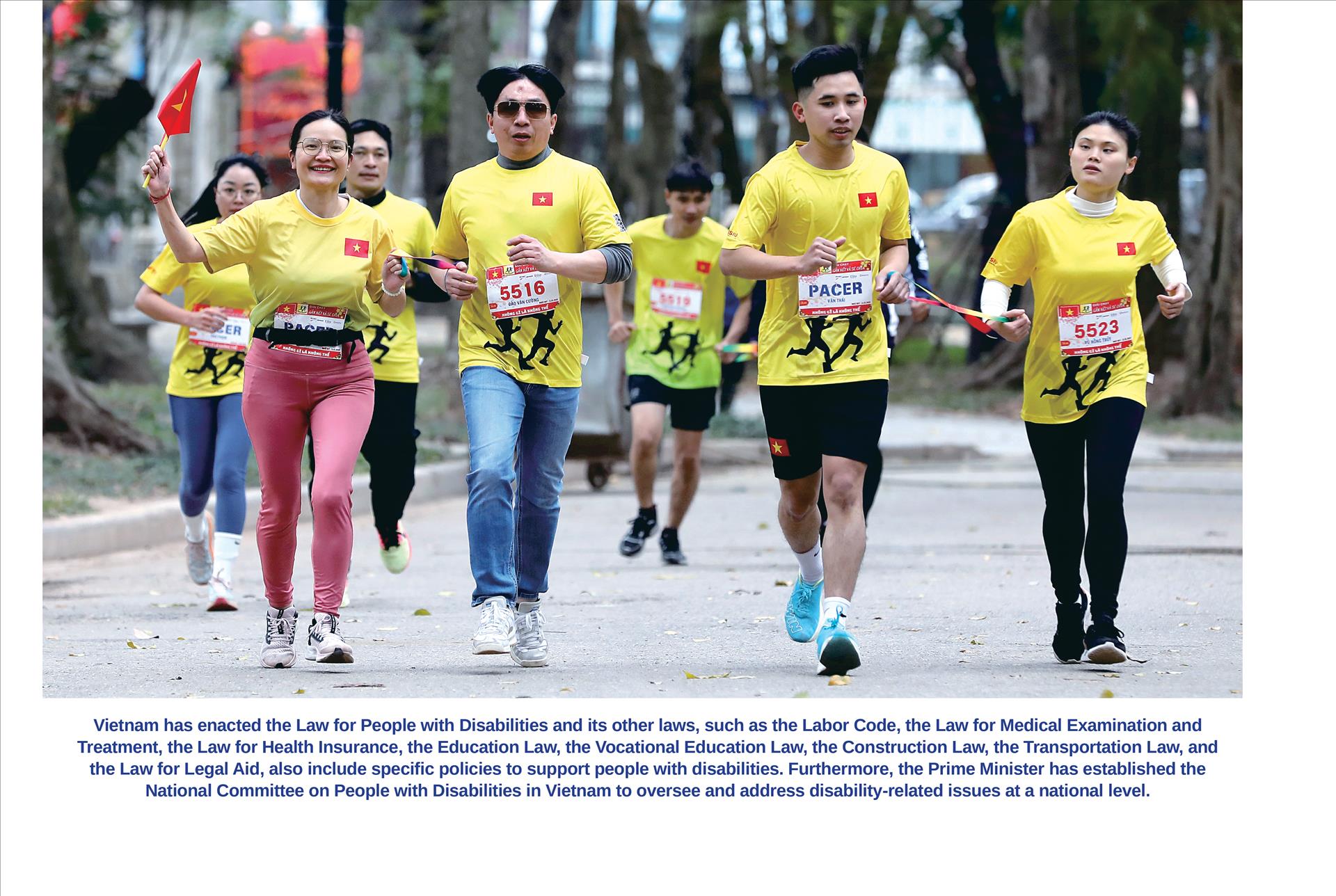
Today, Cham Vao Xanh operates a store selling recycled handicrafts, markets its products online, and participates in various Vietnamese goods fairs. Handmade items such as keychains, fabric bags, hair ties, toys, and souvenir gifts crafted with care not only showcase their creativity and craftsmanship but also offer a deeper, more personal perspective on the valuable contributions they make to society.
Medlatec Hospital is known for providing employment opportunities, ensuring an inclusive and equitable work environment alongside their non-disabled colleagues. Nguyen Hanh Ngan, a laboratory technician at Medlatec General Hospital’s Testing Center, has been working there for four years. She said that when she first applied for the job, she faced skepticism from the community. However, the hospital’s supportive workplace has helped her integrate well into society and fully utilize her skills.
In addition to creating employment opportunities, Vietnam is also expanding and enriching spiritual and cultural spaces. Various programs, including recreational activities and life skills training in arts and culture, are being developed to help individuals nurture their innate talents and naturally engage with life.
Several organizations, such as the Seed Center, the Vietnam Association of Parents of Children with Hearing Impairments, Hanoi High-Tech College, Binh Minh Special School, Vi Ngay Mai Center, Nghi Luc Song Center, the Blind Association, and the Vietnam Federation on Disability, are diversifying their training programs. A strong emphasis is placed on cultural and recreational activities to boost confidence, bring joy, and ultimately support people with disabilities in achieving independence through employment.
Story: Bich Van Photos: Tat Son, Cong Dat, Thong Thien/VNP & Duong Giang
Translated by Nguyen Tuoi

